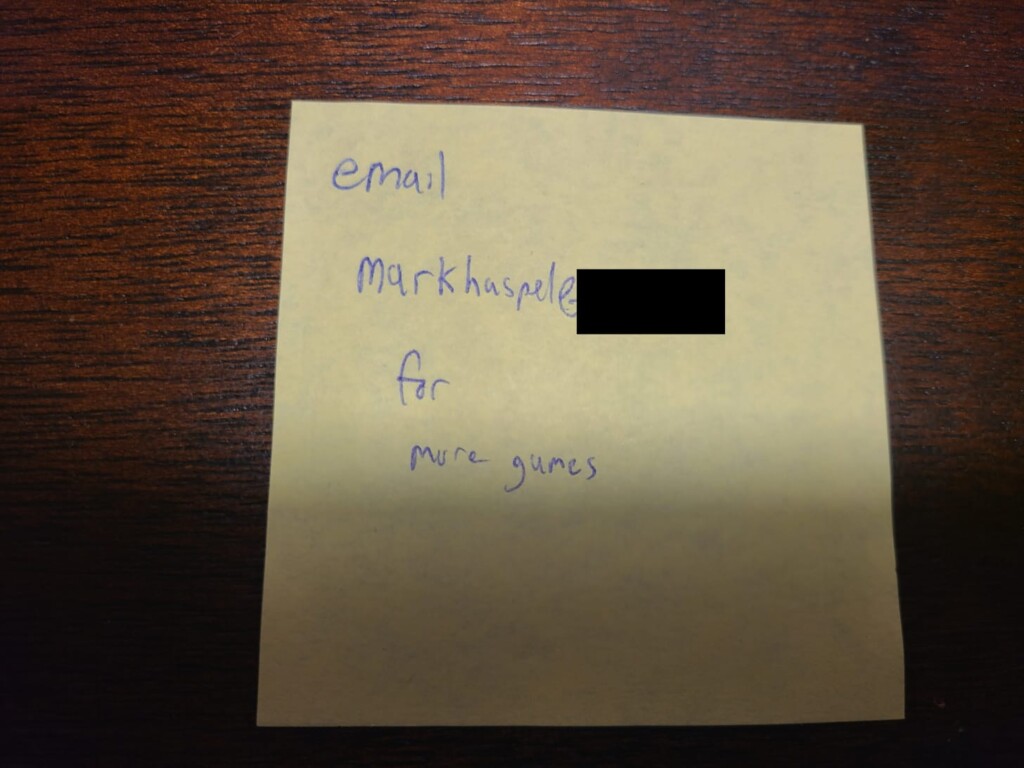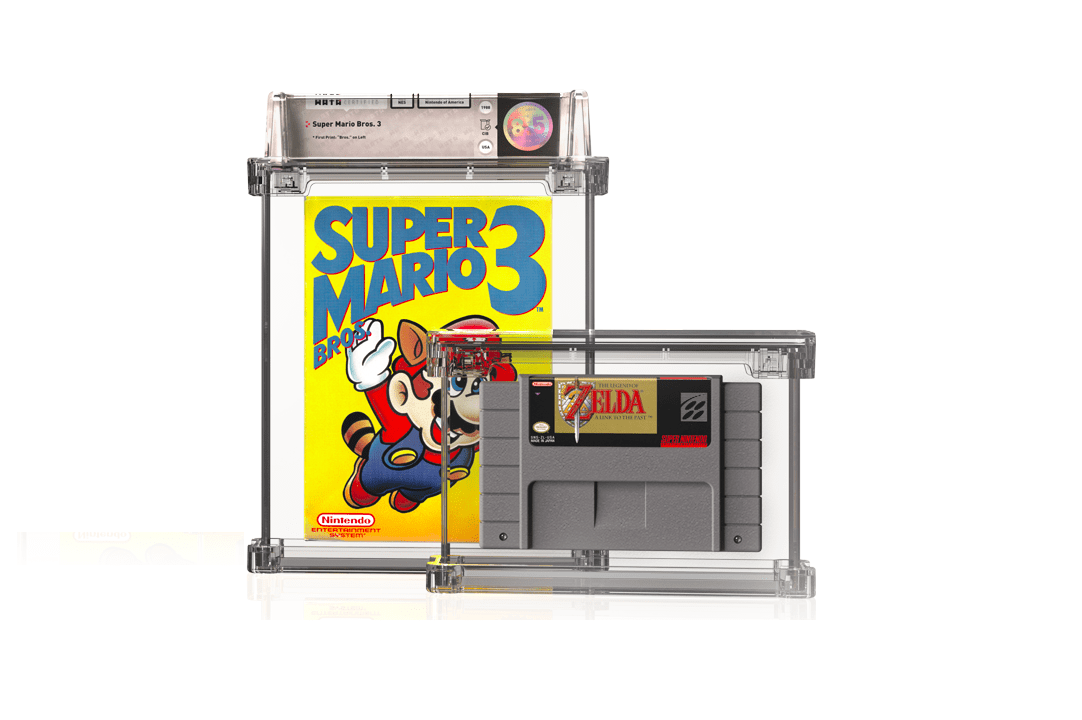Trust me, it gets a lot less surprising.
Via a report by Proof Games, Wata co-founder Mark Haspel is accused of violating company policy by selling games graded by Wata. In addition, Wata itself is now falling under scrutiny for their overall practices.
Wata grades the condition of games. You may have seen various news stories about graded copies of… incredibly common games selling for almost stupid amounts of money. They, essentially, do the grading which, for lack of a better way of putting it, sets the overall value of that particular copy of the game. And because there’s an awful lot of money involved in all of this, Wata’s company policy forbids its employees from having their own games graded, nor sell any games graded by the company. But it seems to be “rules for thee but not for me”, because Haspel, who’s the company’s Chief Advisor, has apparently been caught selling Wata-graded games online.

Proof Games’ Seth Abramson had recently bought several Wata-graded games and found out that the eBay seller he’d bought them from was none other than Mark Haspel. Reportedly, one of his purchases was accompanied by a yellow sticky note with an invitation to email Haspel directly for more games.
On Monday, August 30, my wife and I were cleaning out some cardboard boxes that had been lying about our house for far too long—we use Bagster to on occasion clean up in this way—when a small yellow sticky note fell out of a box in which I’d recently received a sealed-and-grade retro video game. Below is a picture of that note, with details blacked out so as not to encourage harassment of the individual in question (Proof urges against any such harassment in the strongest possible terms; harassment is not a solution to any problem).
Seth Abramson
I did a double-take when I saw this. Honestly, I think I did a triple-take. I called out to my wife, who was upstairs, to tell her that without realizing it I’d bought a sealed video game from Mark Haspel, one of the founders of WATA. As you can imagine, my wife is—by necessity—a very, very patient woman. She went back to work gathering boxes with only minimal reaction.
At first, my own reaction was merely shock that I had had prior contact, without ever realizing it, with someone I’d been reporting on at Proof. I’m embarrassed to admit that it took me several hours to appreciate the fact that I’d just stumbled across what was actually a major news story. Not only do journalists never expect to be or want to be the subject of their reporting, but they certainly never expect to find evidence that leads them to new reporting on a yellow sticky note on the floor of their dining room.

But it gets worse. An investigation of the account allegedly belonging to Haspel has over $50,000 in Wata-graded games listed, nearly all rated 9.0 or higher; this is considered “investment grade”. And the vast majority are rated at 9.6 or above, scraping the top of Wata’s grading scale.
To put it bluntly, Abramson’s article is definitely worth a read.
It’s also worth noting that Wata has recently come under scrutiny for their practices this year. A number of games graded by them have sold for ridiculous amounts at Heritage Auctions. Which is telling as the two are inextricably linked. Heritage Auctions co-founder James Halperin was a previous Wata investor, and has known Haspel for years. Halperin has also been in hot water before; he was fined $1.2 million for fraud in 1989 for allegedly inflating the grades on coins sold by a Heritage-backed operation.
It’s fairly telling that the following video was put out little more than a week ago:
Wata-graded games continue to sell for hundreds of thousands at auction. They, as well as Haspel, have yet to comment on the matter.
Source: Eurogamer

